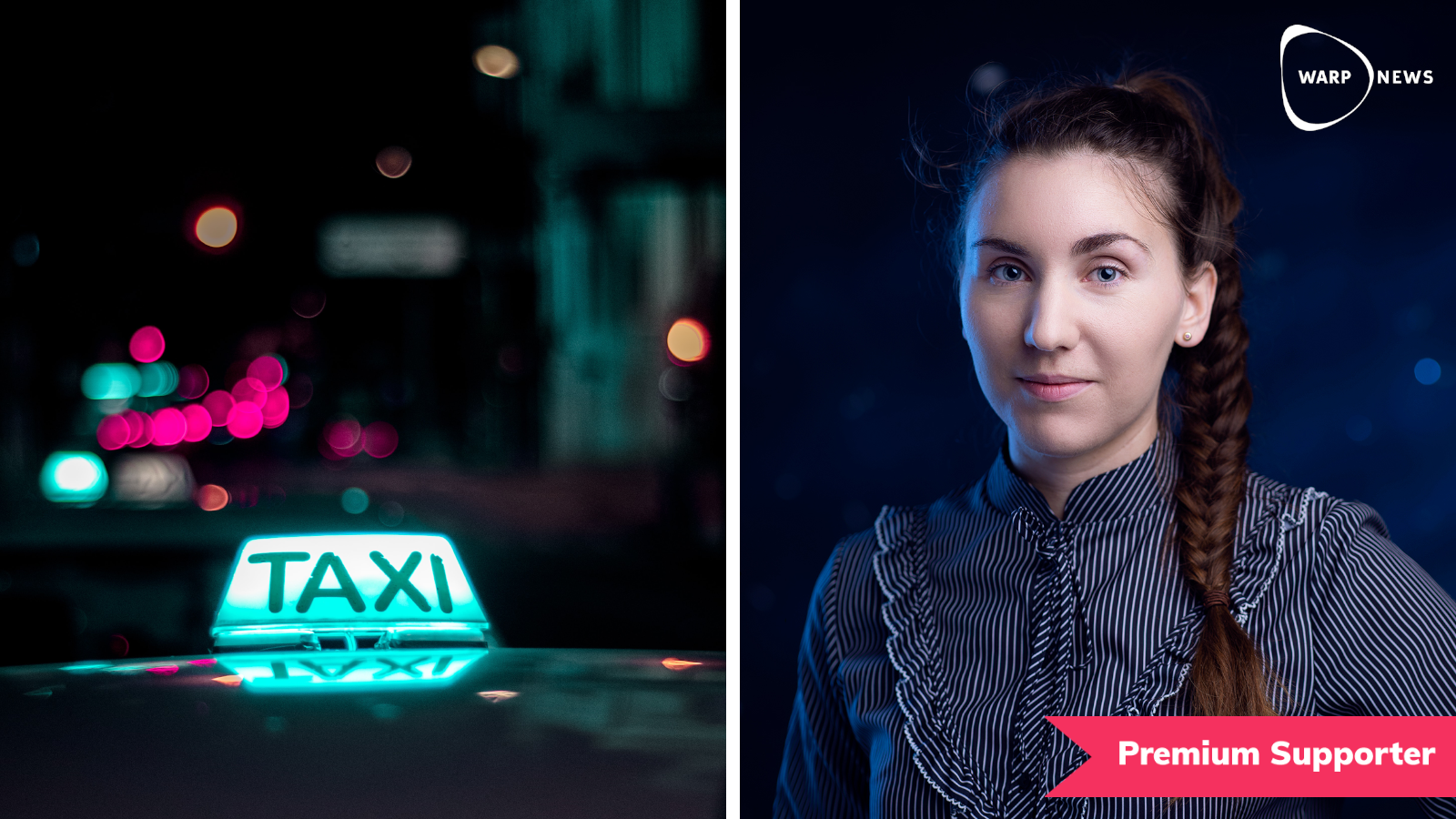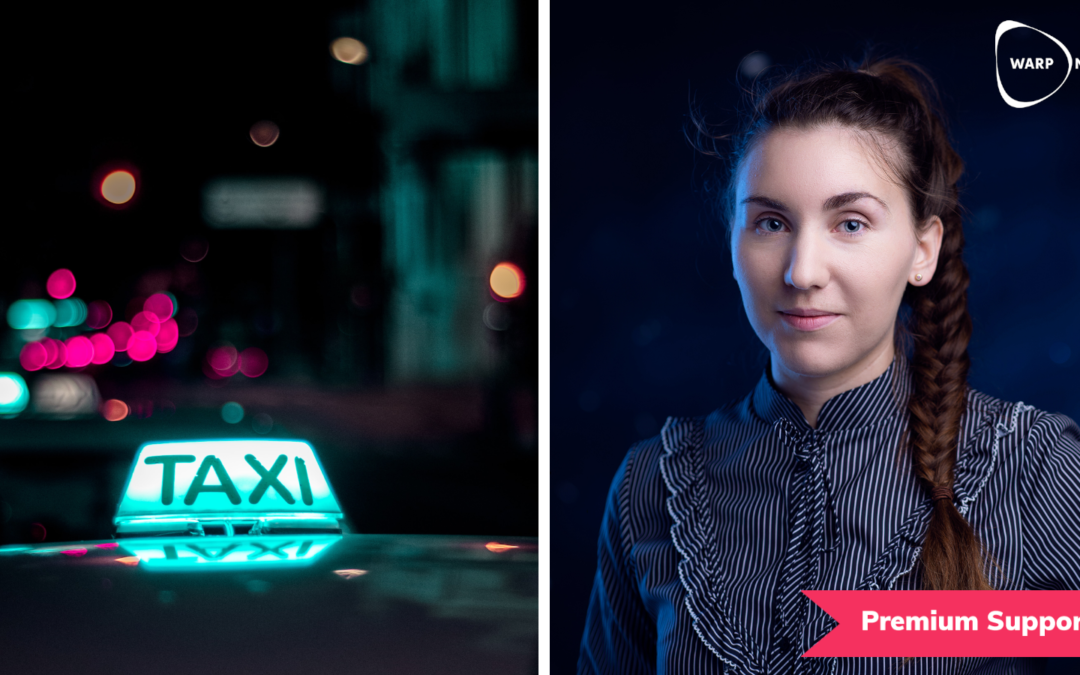
Think of the person you look up to the most.
I have been asked this question many times but have had difficulty answering it. No, that was a lie… only rock stars get such questions from overambitious journalists. The rest of us keep the ones we look up to a secret.
For a while, however, it was the Swedish author Astrid Lindgren, who had to give away her son due to poverty and social shame and who wrote after sunset about death because children need books about death too.
But I have probably always known that the person I look up to the most is my grandfather, Åke, who died when I was two years old. I never got the chance to get to know him, but I have been told stories about him my whole life.
He had a kind of itch inside, like hooves scratching the ground before a race.
A few days ago, I had a taxi ride with a corpulent taxi driver who started a conversation with me. He was cheerful, but he also burned – with zeal and ideas. He shared his plans about pressuring the local government to set up charging posts strategically so that he could invest in electric taxis, and he wanted to target a specific local market. He also had plans to install solar cells on his roof – and we discussed how he could possibly start with drone transports. He reminded me of my grandfather.
Think of the person who had the greatest influence on you.
Grandpa grew up under rather poor conditions. So simple that some children at school mocked him because he sometimes had hay in his shoes instead of knitted socks. He had to start working in the forest as a 13-year-old, and later became a farmhand. He was so small that his employer borrowed him a big shirt just to make him look bigger.
But the farmer saw Åke's potential and lent him a small sum of money to start his own business when he was approaching 20 years old. Åke bought a taxi – and then there were more. Together with my grandmother, he built a road carrier company with several different specializations in the transport segment. They had over 20 employees. Sometimes they hired people who were on a rough path - because everyone deserves a chance in life.
He was cheerful, liked trotting horses, and was a fantastic storyteller. He always choose to cut his hair at his brother-in-law's barbershop, who was not as well off financially. He worked constantly. And as a driver, he experienced everything from car births to deaths. Some old ladies refused to go with anyone other driver than my grandfather.
Even though I only have one memory of my grandfather, it's like I know exactly how he was. The memory is from a midsummer, and I can still hear a boisterous, warm and energetic voice today, 26 years later.
Well, memories tend to amplify things, but perhaps the memory also peels away the unnecessary and extracts the important.
Åke had a stroke. As he was at the hospital and one day realized that his days were numbered, he allegedly burst, "That's a shame! I was planning to get hens". Death was unfortunate because he had plans still.
Think about the ways positivity drives you to all that is nice in life. I myself have tried to embrace my grandfather's drive. But as the millennial I am, it has taken other forms – book writing, for example.
When the taxi driver I was traveling with stopped outside my home, he walked out and looked a little ashamed; he had his hands in his pockets and shrugged a little. I said, "the most important thing is that you have all these ideas!" and he said, "I have so many dreams, so many plans, but we will see."
But then I realized that it was not a real expression of shame; inside him, it burned just as strongly if not stronger, but it was the kind of shame you put on so that your passion doesn't scare people. Because others who are not like the taxi driver or my grandfather are a little more modest.
Making plans, one after the other, and sewing the edge of one dream to the edge of the other dream is optimism. May it be solar cells or hens.





